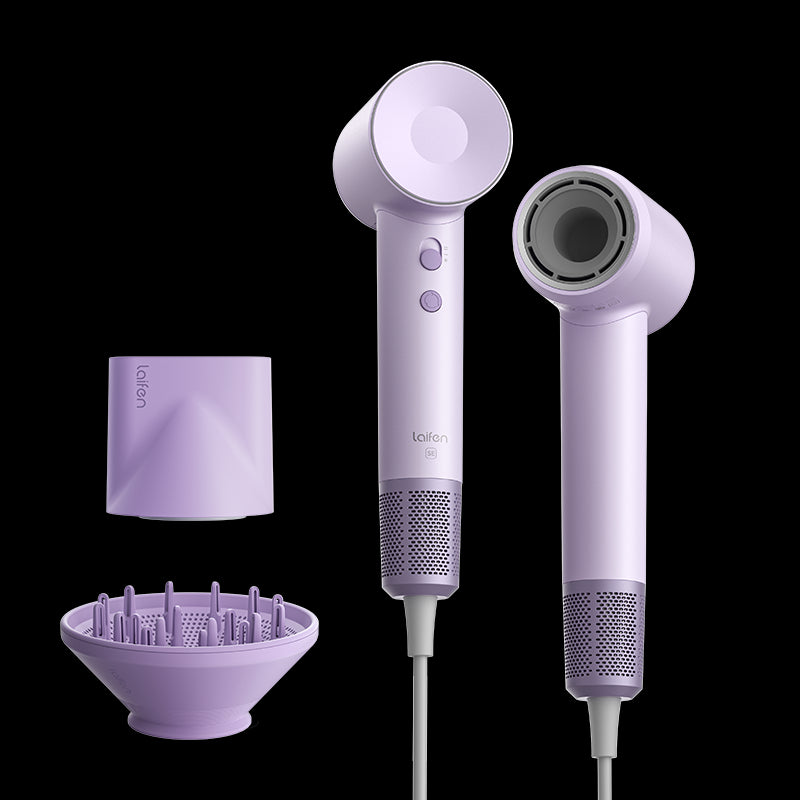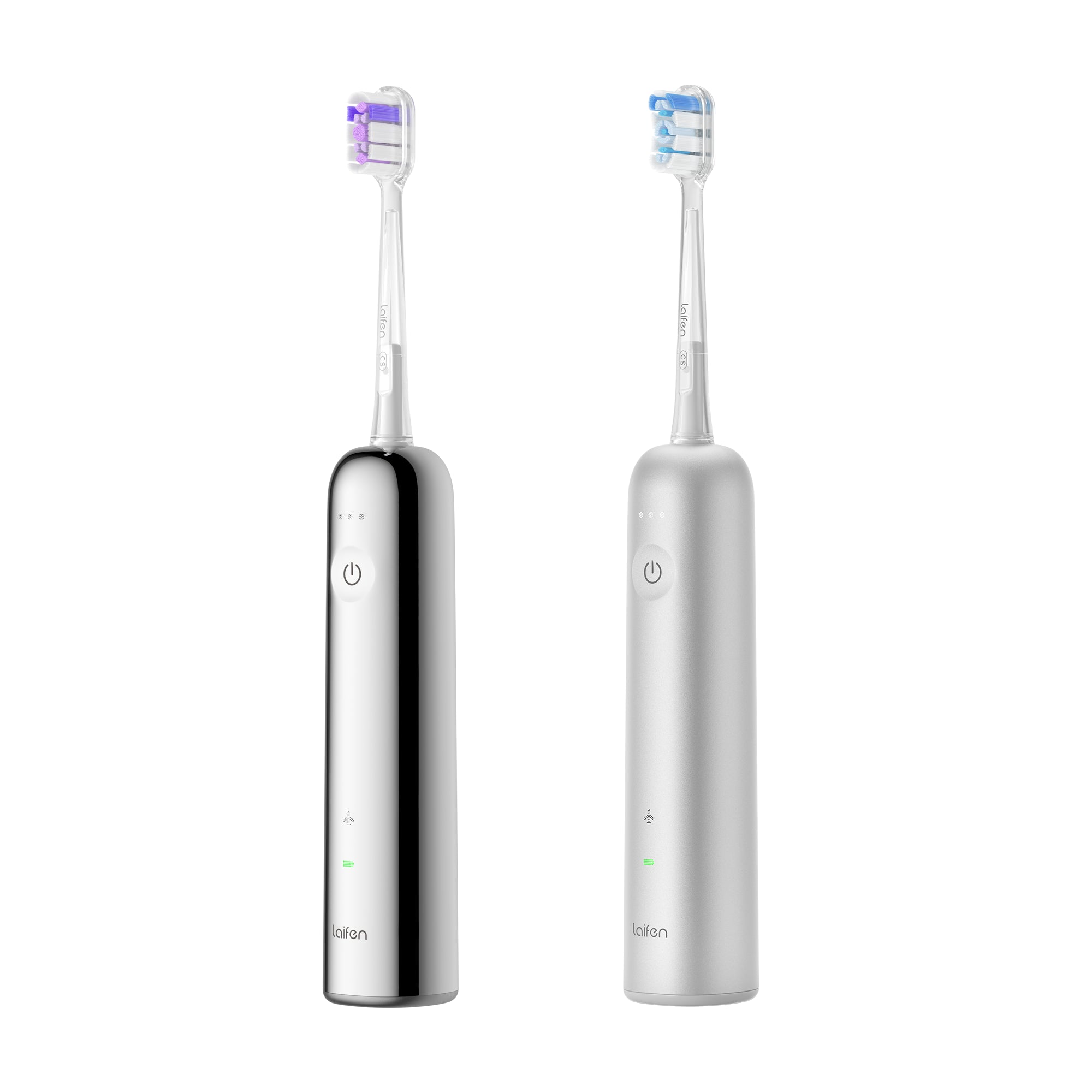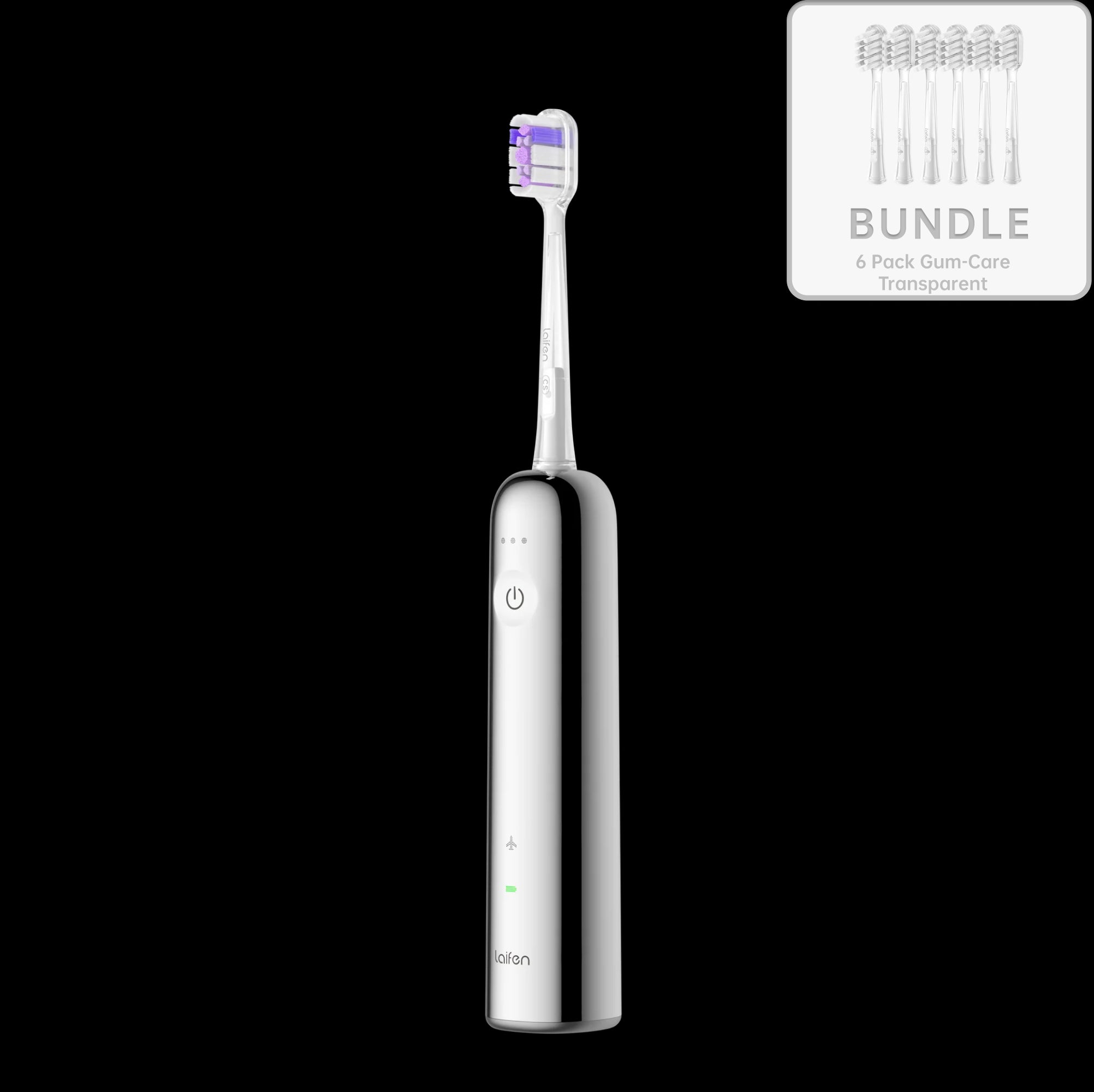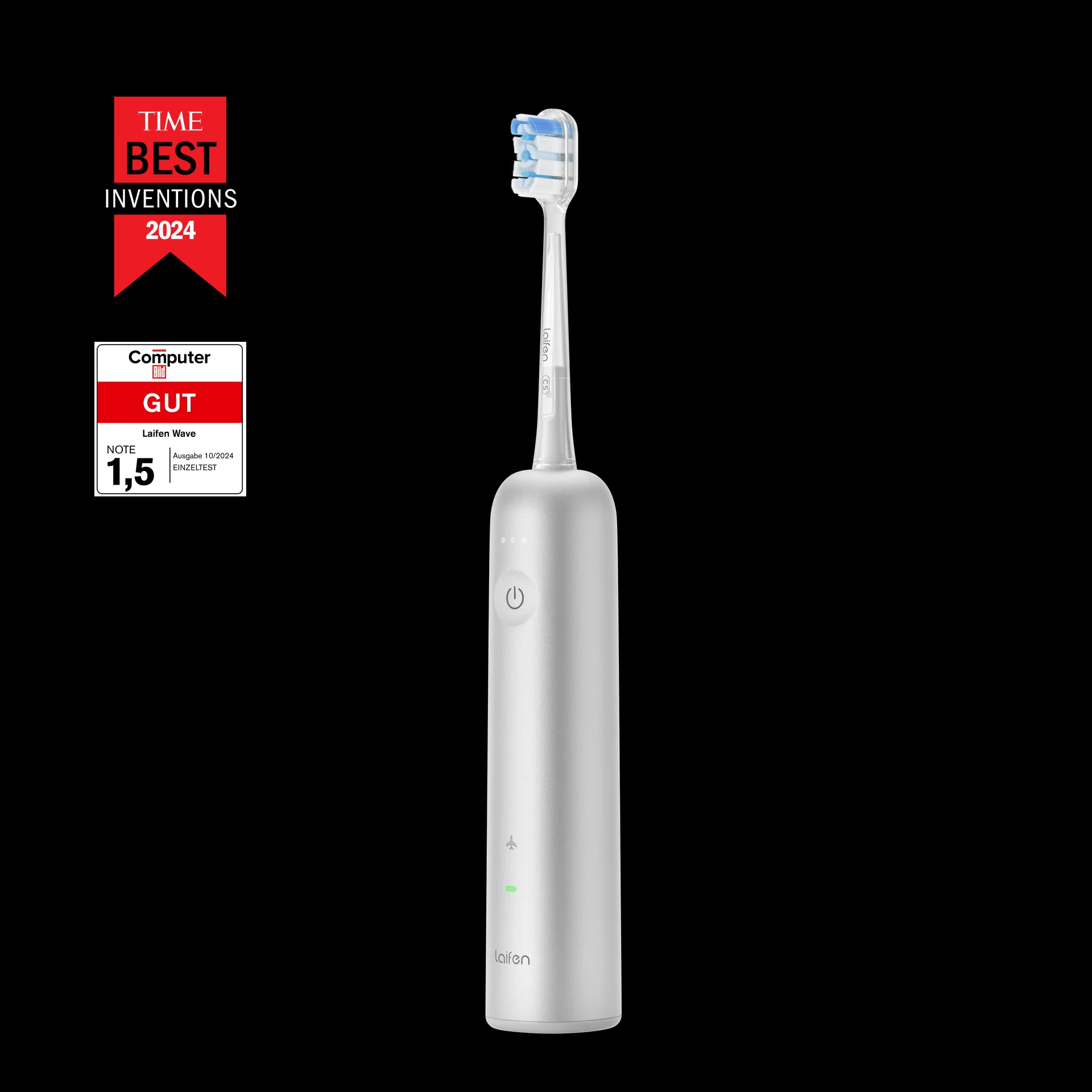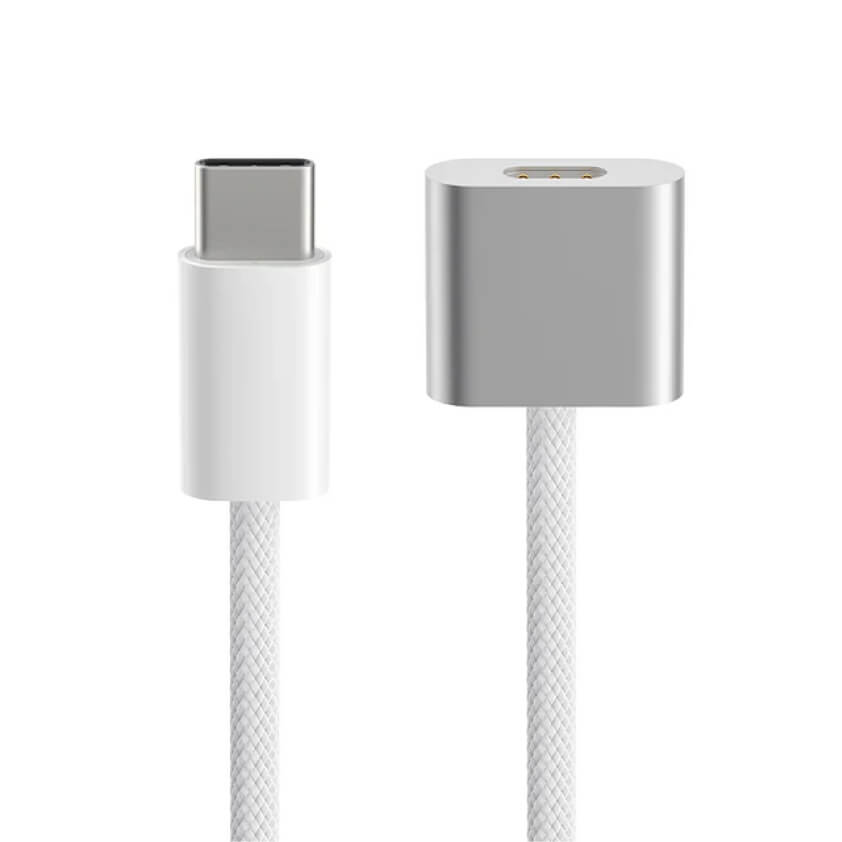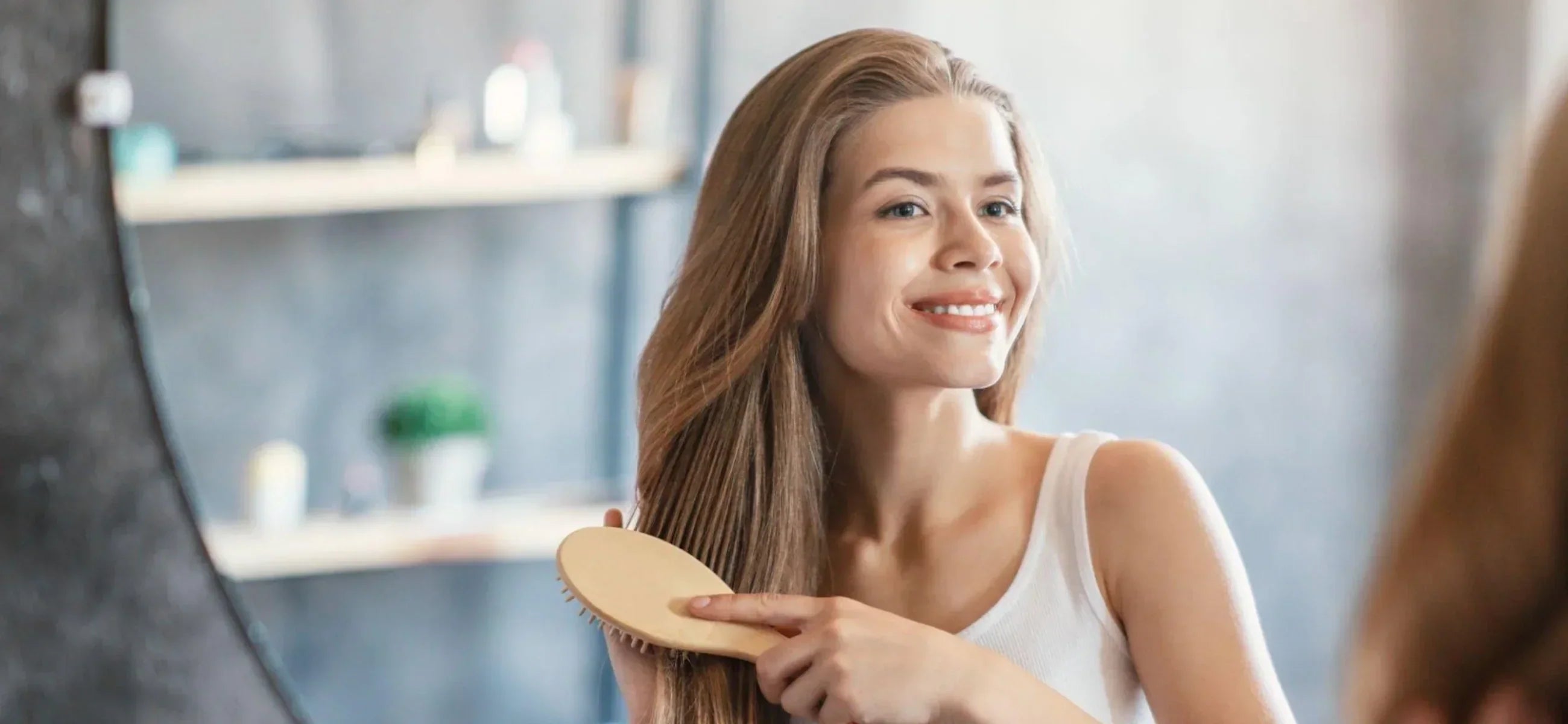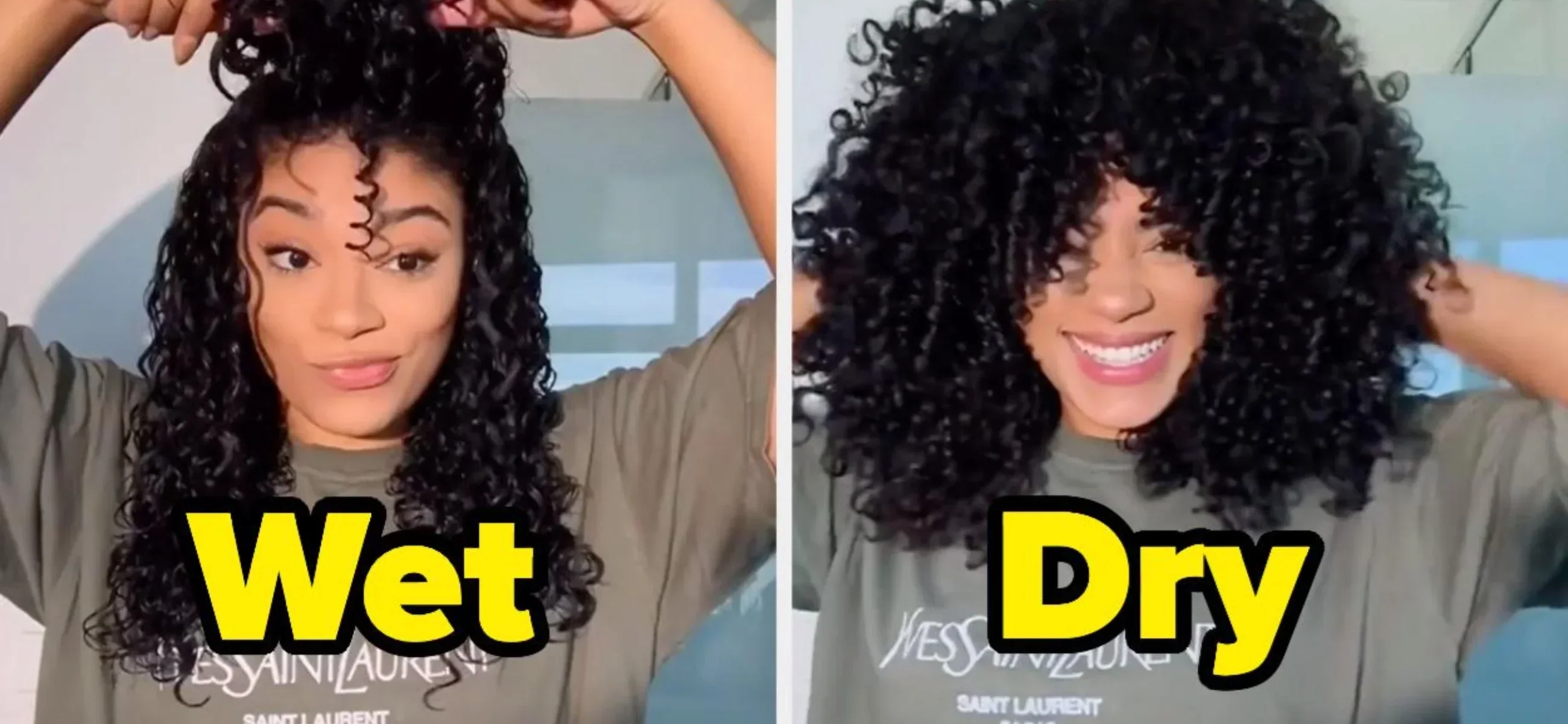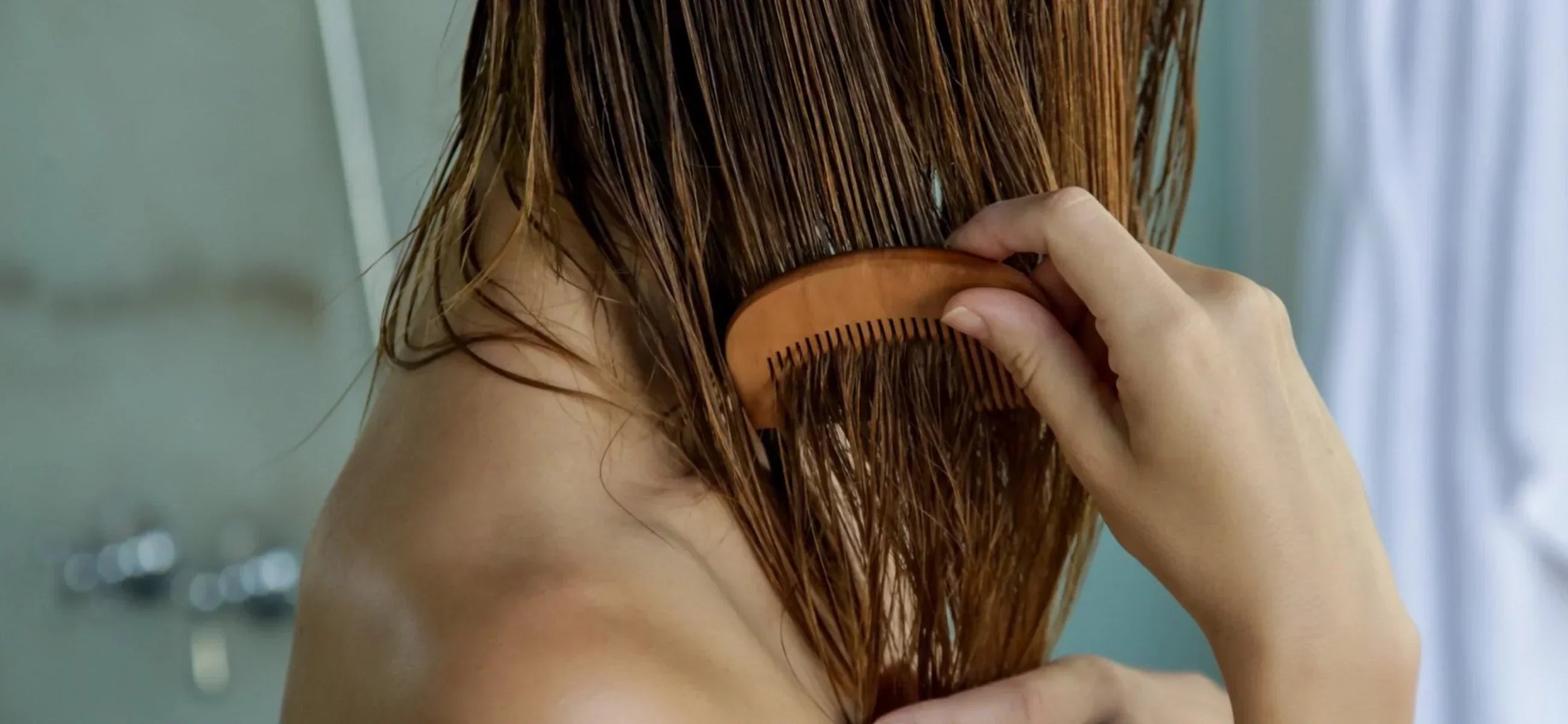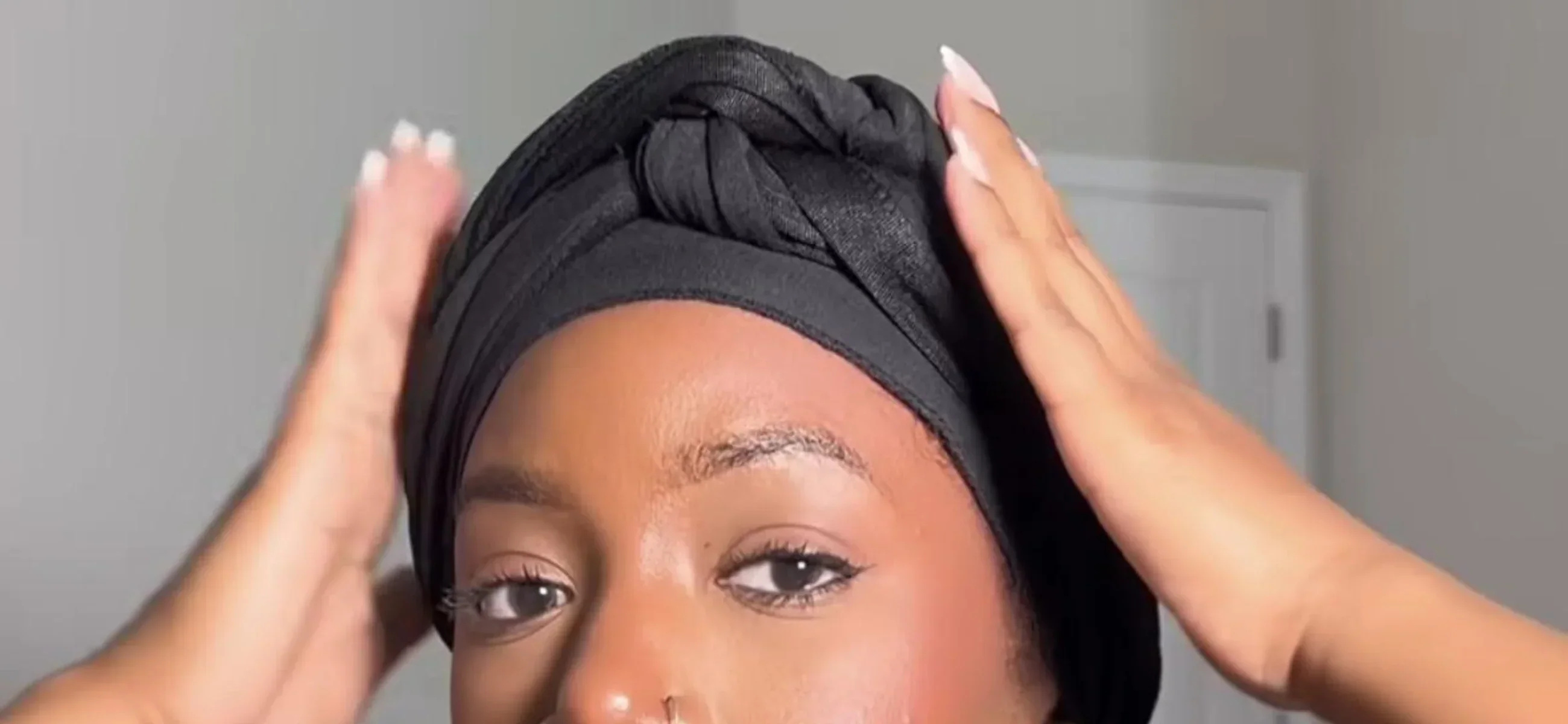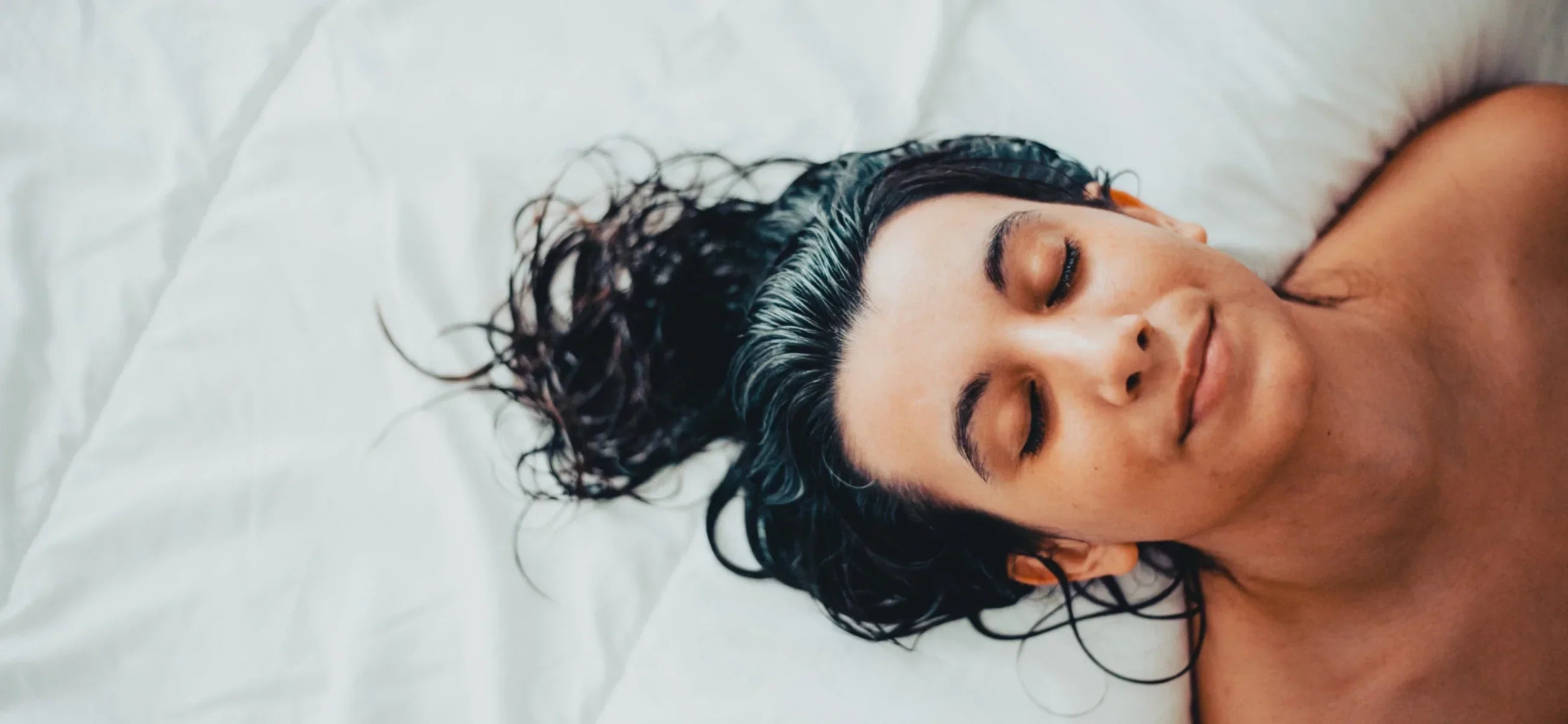
In this article
Slipping into bed with wet hair might feel like no big deal especially after a long shower that leaves you feeling clean, relaxed, and ready for rest. But for many, the idea carries a whisper of warning. So, is it just an old wives’ tale, or is there something more to it? If you've ever wondered whether your damp bedtime habit is doing more harm than good, this article reveals the facts.
Risks of sleeping with wet hair
Weakened hair strands and breakage
Hair is at its most vulnerable state when it's wet: stretchier, more porous, and prone to damage. Sleeping with damp strands can quietly chip away at your hair’s strength. As you move during sleep, wet hair rubs against fabric, tangles more easily, and is more likely to snap. Over time, this repetitive wear can lead to thinning, frayed ends, and dullness that no deep conditioner can truly reverse.
You may not notice the damage overnight, but the long-term effect can quietly build up. What seems like a harmless habit might actually be compromising your hair’s natural resilience.
Scalp irritation and fungal growth
Your scalp is a living, breathing environment and like any place that stays wet too long, it can become a breeding ground for trouble. A consistently damp scalp, especially when trapped against a pillow for hours, creates ideal conditions for fungal or bacterial growth.
This can lead to itchiness, flakiness, or in more severe cases, scalp infections like folliculitis. Some people may notice more oiliness of scalp odor, which are signs that things are out of balance.
Disrupted sleep quality
Climbing into bed with wet hair may feel refreshing at first, but for many, it’s not the recipe for restful sleep. A damp head can create an uncomfortable chill, especially in cooler environments or with air conditioning running. That subtle discomfort may not wake you up completely, but it can disrupt your sleep cycles.
Your body naturally cools down at night to prepare for sleep, and introducing dampness to the equation might make that process less smooth. Sleep is sacred, and something as simple as wet hair can quietly throw it off balance.
Persistent frizz and styling setbacks
If you’ve ever woken up looking like you stuck your finger in a socket, you already know: wet hair plus sleep equals unpredictable styling disasters. Hair that dries in a twisted, compressed position during sleep often sets in awkward bends or frizzy shapes that are difficult to tame come morning. For those who style or straighten their hair regularly, this can undo hours of effort. Even natural hair textures suffer, with curls losing their shape and waves becoming uneven.
Increased risk of mildew on bedding
This one doesn’t get mentioned often but it should. Hair that’s still damp at bedtime can transfer moisture to your pillow and sheets night after night. Over time, this creates the perfect environment for mildew to form within your bedding. Especially if you use memory foam pillows or thicker fabrics that don’t dry quickly, the trapped moisture can lead to lingering odors and even mold buildup.
Tips to sleep with wet hair
Start with a towel routine
If you're heading to bed with freshly washed hair, how you dry it beforehand matters more than most people realize. Rather than vigorously rubbing your hair with a towel, use a soft microfiber towel or an old cotton T-shirt to squeeze out excess moisture.
Secure hair without stress
When sleeping with wet hair is unavoidable, letting it dry loose and wild isn’t the safest bet. Instead, loosely braiding your damp hair before bed can help prevent tangles, breakage, and next-day frizz. A single loose braid or two soft pigtail braids can offer structure while still allowing airflow.
Let hair glide, not tug
When your hair is damp, even the subtlest friction can become a source of damage. That’s where a silk or satin pillowcase becomes more than a luxury that becomes a defense mechanism. It also keeps the moisture in your strands instead of robbing them of it.
Avoid sleeping flat on it
One overlooked detail when sleeping with wet hair? Letting it air out. Pressing damp hair directly between your head and the pillow can trap moisture for hours, creating a stale, humid environment. If possible, loosely lift your hair to the top of your pillow or drape it across a towel laid beside you just enough to let it breathe.
Myths
Sleeping with wet hair has long been the subject of beauty folklore and motherly warnings. Maybe you’ve heard that it will “give you a cold” or that it guarantees you’ll wake up with a sore scalp or aching head. While these ideas have been passed around for generations, science hasn’t given them much weight. Colds are caused by viruses, not damp hair, and there's no direct evidence that going to bed with wet hair causes illness.
Another common belief is that wet hair equals instant damage as if every drop of moisture becomes a threat. The truth is a bit more nuanced. Hair is more fragile when wet, yes, but damage depends on several factors: your hair type, how soaked it is, the way it’s secured, and even the fabric you sleep on.


